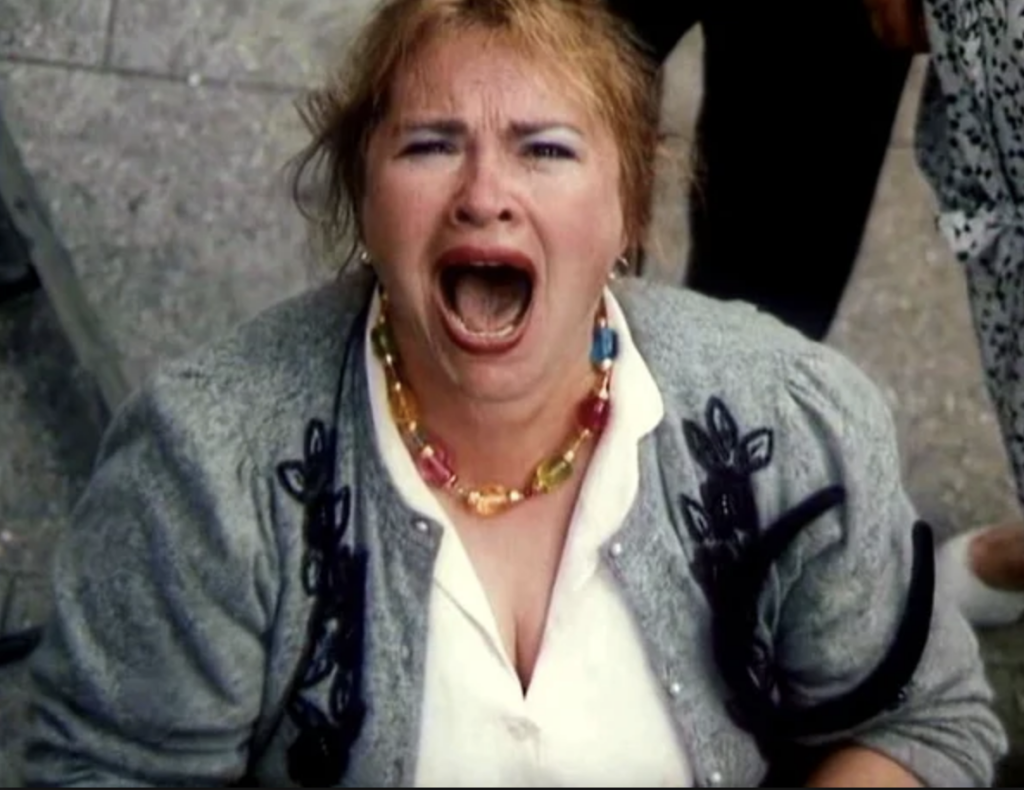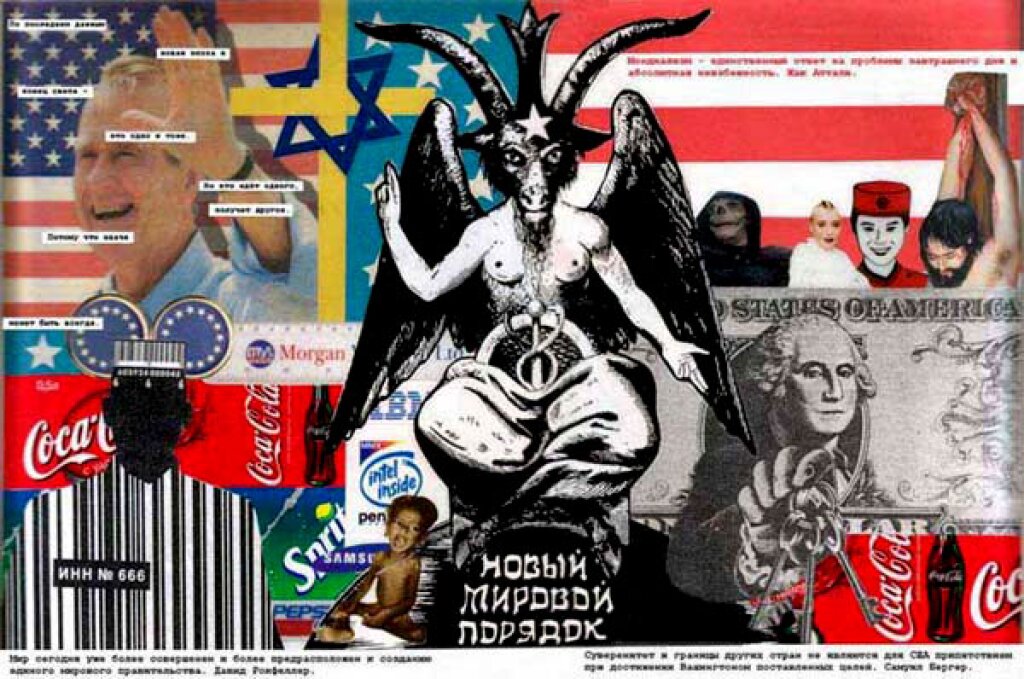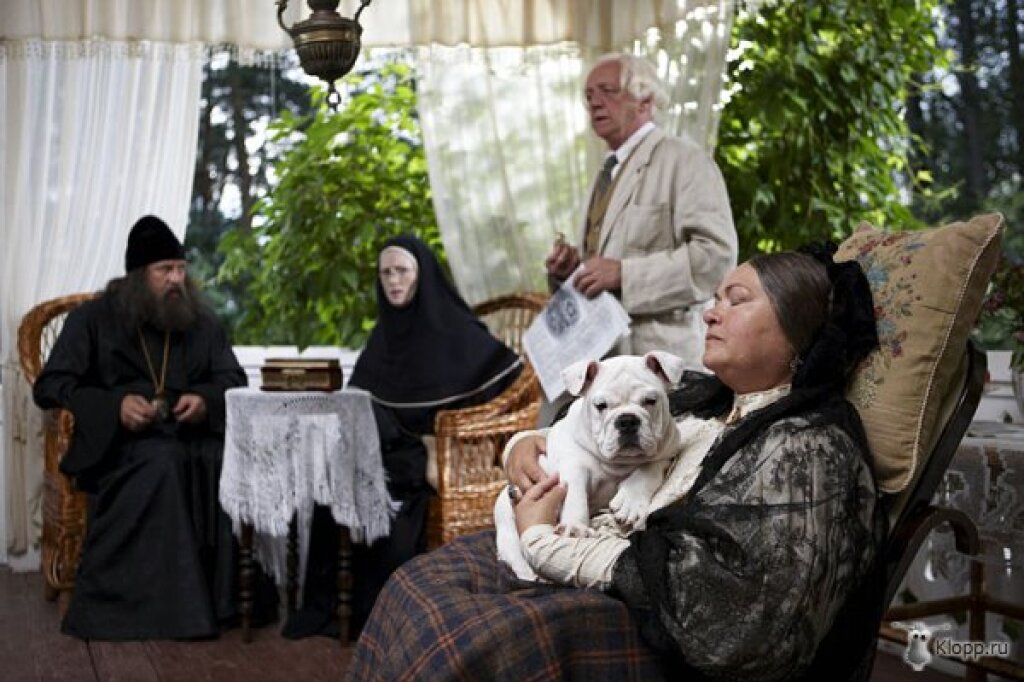This is the twenty-ninth entry of Russia’s Alien Nations: The Secret Identities of Post-Socialism, an ongoing feature on All the Russias, as well as the sixteenth entry of Chapter 1. It can also be found at russiasaliennations.org. You can also find all the previous entries here.
Mamin’s film never made it to the Oscars; perhaps looking for a window to Hollywood in addition to the Window to Paris is just asking for too much. And in any case, Mikhalkov and Hollywood are a much better fit. Mamin’s film brings its hapless characters to what for Russians is the traditional capital of world culture, all the while embracing their essential tackiness as something almost lovable. Mikhalkov’s aesthetic is all about a tackiness that pervades his work while remaining unacknowledged. As The Barber of Siberia shows, he wants to makes his own War and Peace, but with all the stylistic restraint of Moulin Rouge and the moral nuance of Battlefield Earth. When Mamin’s Russian communal apartment dwellers start hawking Russian chachkas on the streets of Paris while singing “Ochi chernye”, he is inadvertently previewing Mikhalkov’s own strategy for making it in Hollywood.
And this is part of what makes Window to Paris the great sovok text of the 1990s: Mamin’s film is about products of the Soviet system trying, failing, and ultimately refusing to adapt to two different new worlds: post-Soviet St. Petersburg (which has replaced their natural habitat) and Paris (one of the most storied sites of Russian emigration). The window of the title is a magical object that allows for a new spin on an age-old Russian question: should I stay or should I go?
Chizhov, the music instructor, is devoted to his country’s future in the form of the young children he teaches. Unlike his superiors, Chizhov is more concerned with his pupils’ souls than he is with their job prospects. He is otherworldly even before the window gives him access to another world. Witness his comical, but slightly creepy, ability to make his children follow him wherever he goes when, like the Pied Piper, he plays his flute. Like the Pied Piper, and like so many of the fairies of myth, he could rob his “village” of its future; indeed, when he brings the children to Paris, and they initially want to stay, he very nearly does just that. Instead, he uses both the power of persuasion and the power of his flute to bring them back home, all the while urging them to make their home a better place than it is now. Like the would-be builders of communism who would never actually be the ideal residents of the world they wanted to create, Chizhov knows that the only way he can improve the fallen world around him is to set its young natives on a better path.
Chizhov, then, is Pelevin’s version of the sovok: the member of the intelligentsia who rejects the cash nexus as the be-all and end-all of his life. First he rejects a well-paying gig in Paris because it turns out that it is for nudists, and would require him to conduct without wearing pants; then he passionately convinces his young charges that the material temptations of life in France do not outweigh their duty to improve their country. This positive spin on the sovok gives us a charmingly impractical man with an unfailing moral compass, appropriating for the intellectual one of the very qualities national folk mythology usually reserves for the “ordinary” Russian: unsophisticated by a set of standards that are perceived as inherently alien, he wins us over because he has a good heart.
The other adult Russian characters conform much more closely to the less idealized image of the sovok. These are the residents of the communal apartment that houses the mysterious window. Chizhov moves in with them after an elderly woman supposedly dies (she’s actually just gone off for her regular, once-per-decade jaunt to Paris), and they are as crass and course as Chizhov is refined. Rarely speaking in anything lower than a shout, they drink, fight, and, once they find the window, antagonize their French neighbor, who eventually learns a few choice Russian swear words in order to communicate. Once in Paris, they become a walking, dancing, singing embarrassment: playing the hurdy gurdy on the street for money, selling souvenirs, and generally speculating on every Russian stereotype that comes to mind. For them, Paris is not a place of beauty or wonder; it’s a collection of easy marks.
They are not the only tourists in the history of art and literature to miss what’s right in front of them. In E.M. Forster’s Room with a View, one of the the men remarks, “You know the American girl in Punch who says, ’Say, Poppa, what did we see in Rome?’ And the father replies, ‘Why, guess Rome was the place where we saw the yaller dog/‘ There’s traveling for you” (Chapter 6). But the Russians in Window to Paris take Philistinism to new heights by combining it with a naked greed for consumer comforts. In the film’s most memorable scene, they actually dismantle a Citroen in order to bring it back to St. Petersburg through the window, piece by piece. At another point, the drunken communal apartment dwellers have racked up an 8500 franc taxi bill, but they manage to pay it by convincing the French Communist Party to lend assistance to this “Russian delegation.” Meanwhile, when their French neighbor accidentally finds herself in St. Petersburg, she may as well have entered the ninth circle of hell: surrounded by drunks and boors, covered in the filth that the city seems determined to heap on her, she ends up in jail, weeping desperately until Chizhov finds and saves her.
Yet embarrassing as her Russian neighbors might be, the communal apartment dwellers manage not to cross the line into pure loathsomeness. On the contrary, they are warm, intermittently fun to be around, and, above all, resourceful. They are picarros, tricksters, and folk heroes. The sophisticated post-Soviet viewer might look down on their bad taste while still smiling at their familiarity.
Next: Cattle Call



